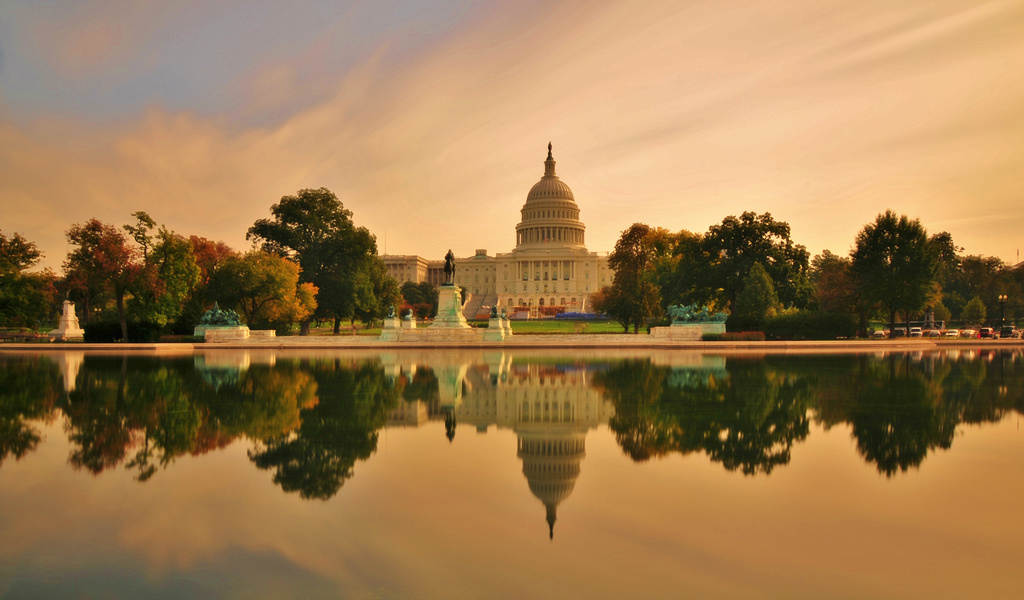Despite many expert predictions that the new GOP-controlled Congress wouldn’t tamper with the District of Colombia’s voter-approved marijuana legalization, a last-minute addition to Tuesday’s spending bill aims to do exactly that. According to a summary from the House Appropriations Committee’s website, the spending bill “prohibits both federal and local funds from being used to implement a referendum legalizing recreational marijuana use in the District.”
Due to ridiculously unbalanced racial disparities in the policing of such issues, the push for marijuana policy reform has been a popular political movement in the U.S. capital city. Initiative 71 passed in the November midterms with an overwhelming 70% approval. The District also passed a decriminalization bill earlier this year — this, however, ultimately failed to address the racial disparities of marijuana enforcement (77 percent of marijuana tickets issued in D.C. so far have been in communities of color). Initiative 71 was meant to correct that disparity once and for all, but implementation is about to hit a serious obstacle.
According to Tom Angell of the Marijuana Majority, there may yet be hope for Initiative 71: “It all hinges on the definition of the word ‘enact,'” he explained. The question is whether or not the bill’s ‘enactment’ occurred on Election Day, or if ‘enacting’ the bill means actually sending the initiative to Congress for review (which hasn’t happened yet). “Some advocates I’ve spoken with aren’t so sure,” Angell said. “I’ve heard good arguments on either side, and I think it’s up in the air now, especially since press reports from earlier on Tuesday quoted unnamed congressional staffers as saying the bill would allow D.C. to move forward with legalization. Ultimately, it may take a court case to decide what ‘enact’ means.”
Mason Tvert of the Marijuana Policy Project pointed out that it was “disappointing that some members of Congress are actually fighting to ensure authorities have no control over marijuana.”
“In light of recent events in Ferguson and New York, it would be particularly disturbing if Congress has chosen to overturn the will of the voters in a majority black city,” said Dr. Malik Burnett, Policy Manager for the MPP and Vice-Chair of the D.C. Cannabis Campaign (the organization behind the passage of Initiative 71). “D.C. voters chose to reform their marijuana laws, which have a direct impact on how communities of color interact with police. Congress should not undermine that.”
The District is no stranger to Congress interfering with its voter-approved marijuana laws: a D.C. medical marijuana bill passed in 1998 was stalled by Congress in a similar manner for more than a decade. This is possible due to the Home Rule Act of 1973, which dictates that Congress must review and approve any D.C. law passed at the local level, and gives them the right to oversee how the District spends its locally-raised money.
Meanwhile, four states have legalized recreational cannabis and 23 states have passed some form of legislation that allows options for medical marijuana.
Sources:
http://www.huffingtonpost.com/2014/12/09/dc-marijuana-blocked-congress_n_6298584.html
http://appropriations.house.gov/uploadedfiles/finserv_press_summary.pdf
http://thestonedsociety.com/2014/12/10/congress-medical-marijuana-laws/
Photo Credit: www.GlynLowe.com
